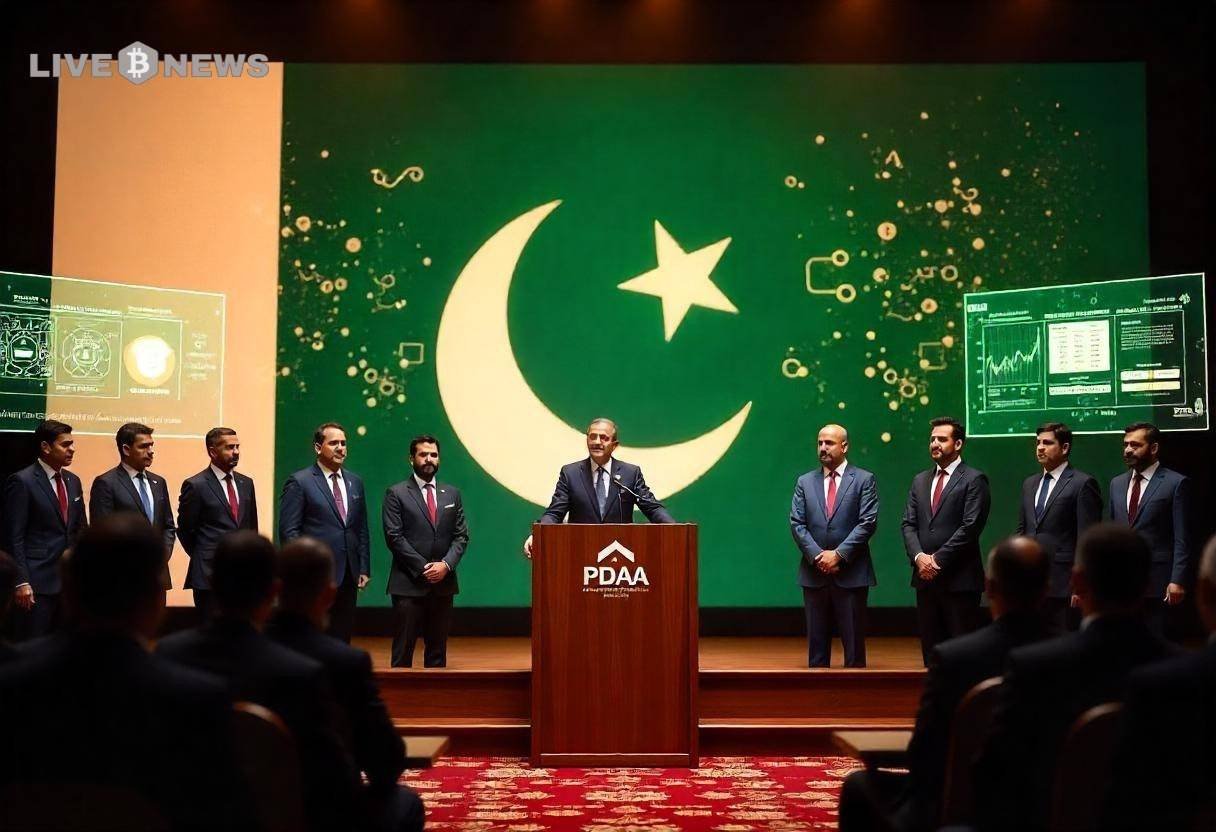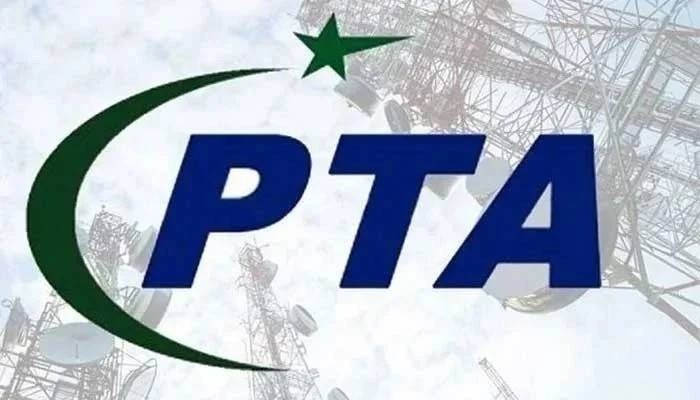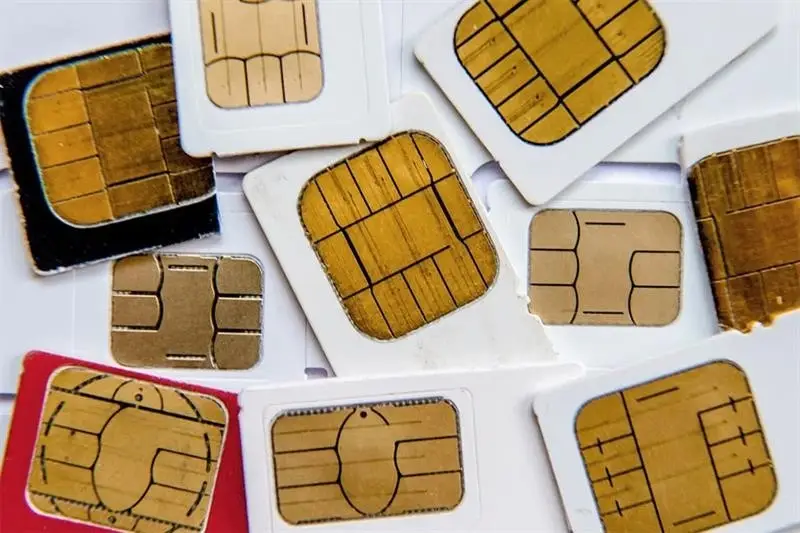In a significant move to modernize its financial system, Pakistan has announced the formation of the Pakistan Digital Assets Authority (PDAA), a regulatory body tasked with overseeing the country’s digital asset ecosystem, including cryptocurrencies and blockchain platforms. The announcement was made by Pakistan Television (PTV) on May 21, with official approval granted by the Ministry of Finance.
PDAA to Supervise Crypto Exchanges, Wallets, and DeFi
The PDAA will act as the official watchdog for Pakistan’s digital finance sector, overseeing licensing, regulatory compliance, and new developments. Its scope includes monitoring crypto exchanges, digital wallets, stablecoins, decentralized finance (DeFi) protocols, and token-based platforms. Establishing this single regulatory framework aims to provide clarity and consistency to investors across the country.
This initiative aligns with Pakistan’s broader goals of fostering innovation while adhering to international financial standards, such as those prescribed by the Financial Action Task Force (FATF). The PDAA’s creation is expected to create more opportunities for citizens and attract foreign investment into Pakistan’s digital economy.
Federal Minister for Finance and Revenue Muhammad Aurangzeb emphasized Pakistan’s ambition to lead in global finance: “PDAA will ensure consumer protection, encourage investor participation, and support financial innovation.”
Regulatory Progress and Regional Context
Following a set of digital asset rules prepared in March 2025, the PDAA represents the next step in regulatory enforcement. Parallel to Pakistan’s efforts, Japan is working to develop a robust Web3 ecosystem to promote entrepreneurship and tech employment.
Bilal Bin Saqib, CEO of the Pakistan Crypto Council, highlighted Pakistan’s young, tech-savvy population as a key asset. He sees potential for Pakistan to emerge as a regional digital asset hub, akin to Dubai, Singapore, and Hong Kong, contingent on effective regulation that can accelerate digital economic growth.
Boosting Investor Confidence and Economic Impact
The PDAA has multiple objectives:
- Formalizing the currently informal crypto market in Pakistan, estimated to be worth over $25 billion.
- Supporting the tokenization of government assets and national debt.
- Leveraging Bitcoin mining as a way to monetize Pakistan’s surplus electricity.
By fostering blockchain innovation and supporting young developers, the PDAA aims to scale the local digital economy and attract global investment.
Overall, the establishment of the Pakistan Digital Assets Authority signals Pakistan’s readiness to embrace the future of finance, ensuring a secure, transparent, and modern digital economy. As Bilal Bin Saqib notes, the vision extends beyond cryptocurrency to include tokenization, digital finance, and Web3 technologies—laying the foundation for a safer and more advanced financial future.















